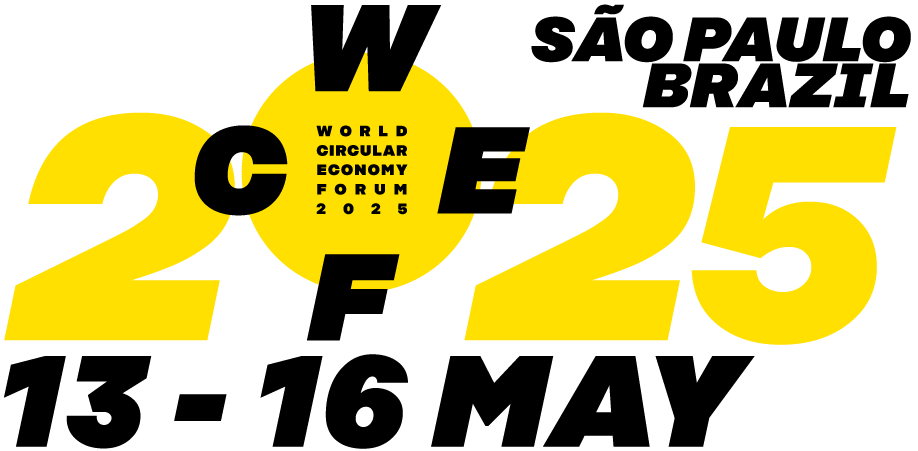Expo
The WCEF2025 Expo Area brings into the spotlight innovative and scalable circular economy solutions from around the world.
The Expo will be open during WCEF2025 at the OCA in the Ibirapuera park in São Paulo on 13-14 May. Check out below the list of exhibitors with solutions that inspire the world towards a resource-smart future and help tackle some of the burning root causes of Earth’s ecological sustainability crisis.
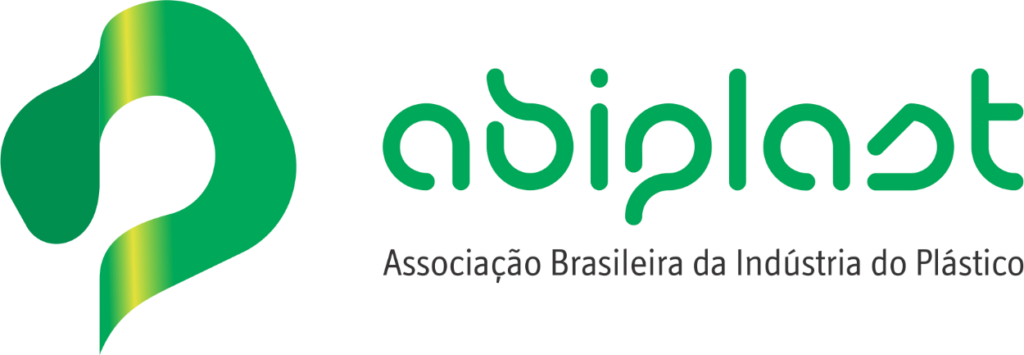
ABIPLAST
ABIPLAST represents Brazil’s plastic processing and recycling industries, supporting over 14,100 companies and 378,800 professionals promoting innovation, competitiveness and sustainability. Some key initiatives include Recircula Brasil, an online platform that can certify and track plastic products from their origin to their reincorporation as a raw material for new products, and REDE, Brazil’s largest circular economy initiative in the plastics sector that connects 60 companies and over 300 professionals, fostering collaboration across the plastic value chain. These initiatives drive circularity, improve recyclability and enhance the availability of recycled materials, reinforcing plastic’s role as an innovative and essential solution for society.

ABRE
We are an innovation hub focused on driving the packaging ecosystem in Brazil. Our mission is to promote innovation, sustainability, and transformation across the packaging and consumer goods value chain. We support our members with strategic insights, connections, and tailored solutions. Guided by the principles of transparency, inclusiveness, and universality, we listen to the needs of our community and work collaboratively to strengthen and evolve the sector. Our goal is to create a positive impact on the market, industry, and society through practical, forward-thinking initiatives.
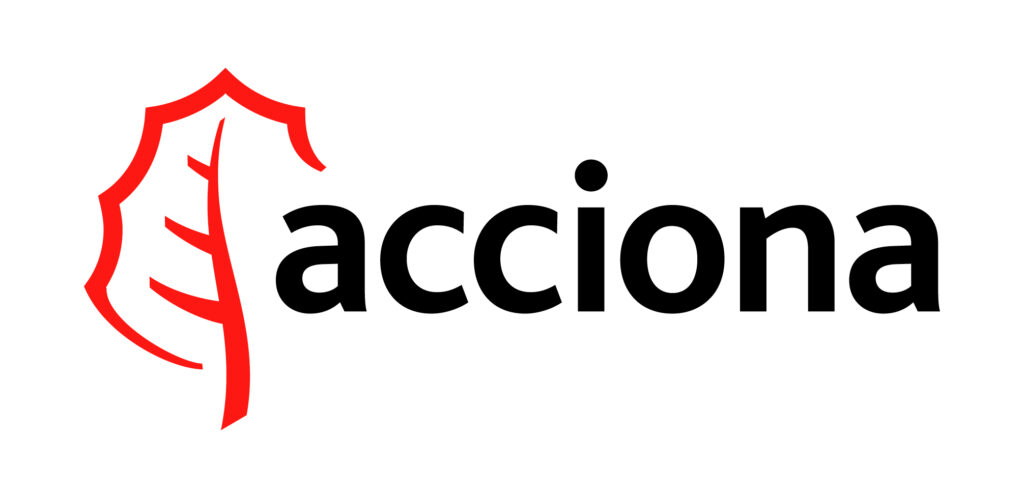
Acciona
ACCIONA is a global group that develops and manages sustainable infrastructure solutions, especially in renewable energy. The company has been net-zero since 2016 and has a decarbonisation strategy for developing regenerative infrastructure. In Brazil, they are responsible for constructing the new Line 6-Orange metro line in São Paulo. Its main challenge is using zero-emission technologies, materials and processes. Innovations include using 100% biofuel-powered light vehicles and replacing light and heavy equipment with renewable electricity-powered alternatives. The project has started testing renewable fuel HVO (Hydrotreated Vegetable Oil) in part of its fleet, specifically in the transportation of concrete rings that form the tunnels of the future line.
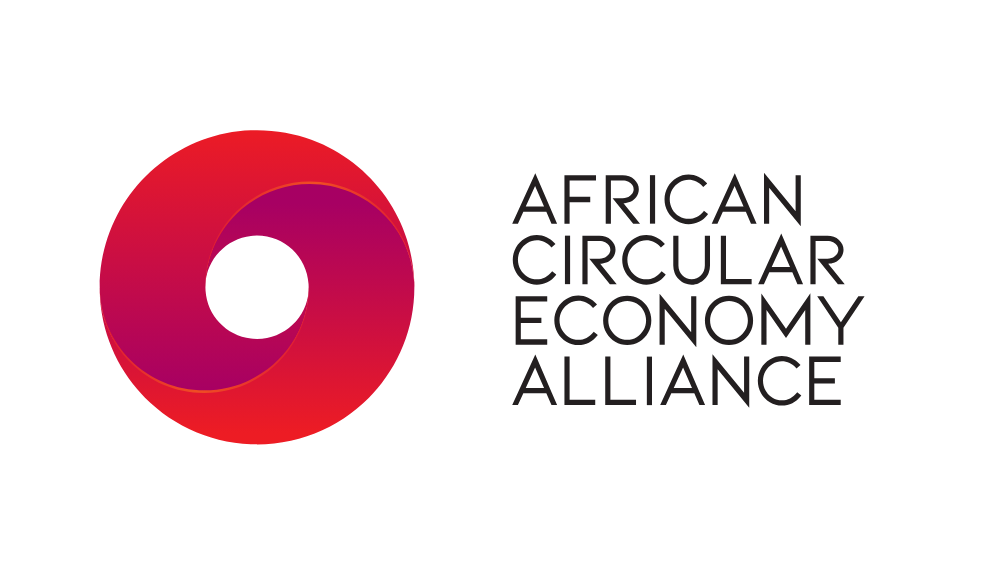
The African Circular Economy Alliance (ACEA)
The ACEA is a government-led coalition of African countries with a mission to spur Africa’s transformation to a circular economy that delivers economic growth, jobs and positive environmental outcomes. ACEA’s Secretariat is hosted by the African Development Bank (AfDB) and is supported by the Africa Circular Economy Facility (ACEF). Set up by the AfDB, ACEF is the only trust fund dedicated to mainstreaming the circular economy as an inclusive and green growth strategy in Africa. Together, ACEF and ACEA will voice African perspectives on the circular economy, share insights and showcase circular solutions from the continent.

Ambipar
Ambipar provides environmental solutions, including decarbonisation, circular economy, energy transition and environmental regeneration projects since 1995. We operate in Brazil and 41 countries with a broad portfolio of environmental services, especially for waste recovery and sustainable responses to environmental emergencies. Ambipar has more than 100 circular economy solutions, 25 patents and more than 50 national and international innovation awards. With more than 23,000 employees around the world and over 600 operational bases, our shares are listed on the New York stock exchange and the Brazilian stock exchange (B3). The B3 shares are classified as green stocks by Standard & Poor’s.

Assessa
Assessa is a company developing and producing health and beauty ingredients derived from exotic Brazilian biodiversity and other sustainable botanical sources. Our water-based extraction, biocatalysis and biotransformation processes create innovative and effective personal care products. E.g., our cosmetic ingredient created from ginger waste protects hair fibres against ultraviolet radiation, preserving the youthful appearance of hair by reducing oxidative stress. In addition to the environmental benefits, our strengthened innovation collaboration with research centres in the state of Rio de Janeiro stimulates economic development in remote regions. The adoption of a circular economy and bioeconomy is essential to transforming industrial side streams into a higher value-added input.
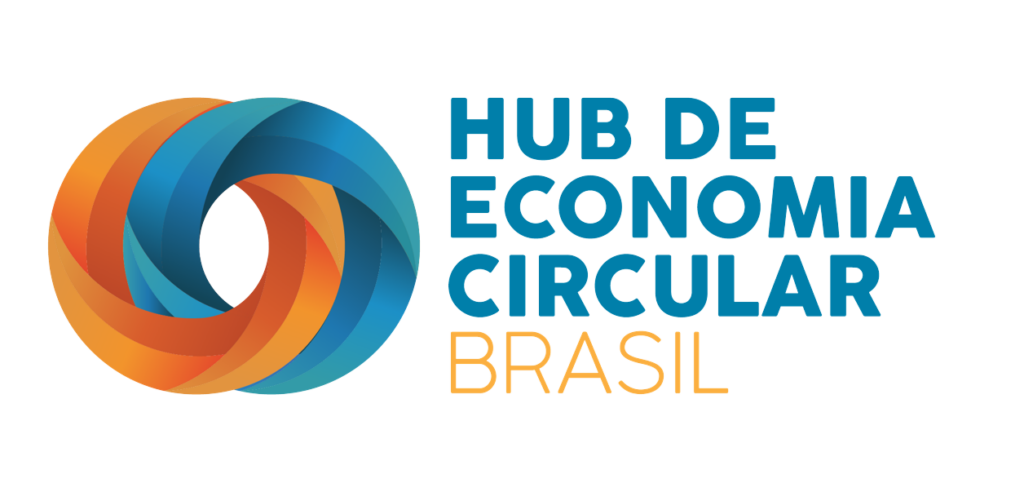
The Brazilian Circular Economy Hub
(HubEC)
The Brazilian Circular Economy Hub (HubEC) is a multi-sector ecosystem that, since 2020, has been connecting companies, experts and research centres to accelerate the circular transition in Brazil. With a cross-cutting approach and our own methodology for integrating stakeholders and creating structure, our goal is to promote more resilient value chains and establish new business relationships. Based on continuous education and collaborative projects, we align with global trends of business networks. In 2025, HubEC celebrates five years of building bridges across sectors, creating collective intelligence to enable large-scale solutions and driving circular businesses. The circular transition is collective—and already underway.

The Brazilian Institute of Solid Waste (Instituto PNRS)
Instituto PNRS promotes sustainable waste management and the transition towards a circular economy. Active for more than 10 years, the institute is a reference in studies, research, training programmes and publications dedicated to waste management, extended producer responsibility (EPR), reverse logistics systems and take back schemes, valorisation of materials, and an equitable and inclusive transition. It promotes and incentivises the circularity of resources, supporting the development of adequate frameworks and solutions that ensure a circular flow of resources. At the WCEF, we are launching a book “Waste Management in the context of Circular Economy” and sharing results of recent research.

The Brazilian National Confederation of Industry (CNI) and National Industrial Training Service (SENAI)
CNI is the main representative of Brazilian industry, while SENAI is the largest innovation and technology infrastructure for industry in Brazil, with the mission of promoting professional and technological education, innovation and the transfer of industrial technologies. Together, we present circular economy initiatives including the Sustainable Business COP30 (SB COP), an initiative created to give the private sector a voice in the priorities of the COP — not only as a relevant stakeholder, but as a strategic partner essential to the implementation of the Paris Agreement commitments. The circular economy is a strategic theme championed by this business alliance in support of the climate agenda.

The Brazilian Trade and Investment
Promotion Agency (ApexBrasil)
ApexBrasil promotes Brazilian products and services abroad and attracts foreign investments to strategic sectors of the economy. We carry out trade promotion initiatives such as prospective and trade missions, business rounds, support for the participation of Brazilian companies in major international fairs, visits of foreign buyers and opinion makers to learn about the Brazilian economy, and other activities which strengthen the country brand. ApexBrasil also coordinates with public and private players to attract foreign direct investment to Brazil with a focus on strategic sectors for the development of the competitiveness of Brazilian companies and the country.
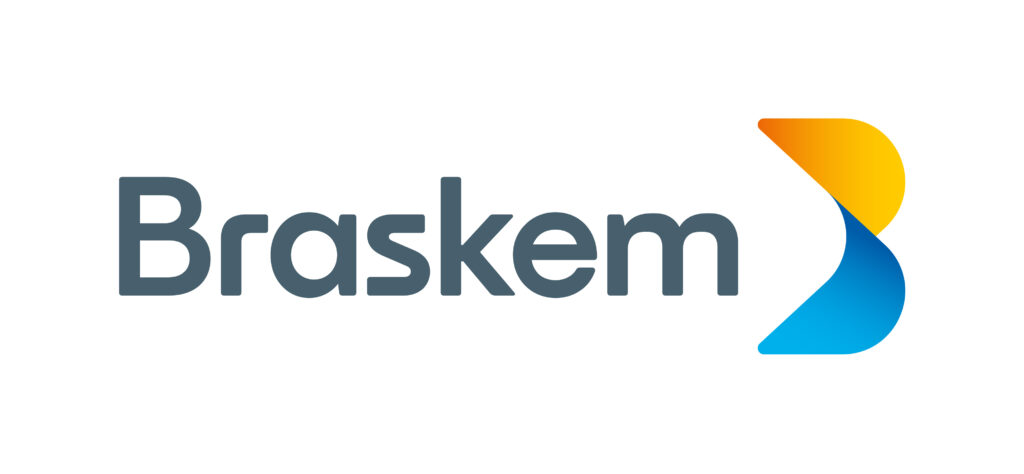
Braskem
Braskem seeks to improve people’s lives by creating solutions in chemicals and plastics. Our sustainable portfolio keeps carbon on the loop and includes solutions such as bio-based biopolymers produced from sugarcane ethanol, which contribute to climate change mitigation; a circularity ecosystem that embraces products with recycled content, which help eliminate plastic waste; and a design lab that values collective intelligence to develop more sustainable packaging. The company also promotes community engagement programs, such as exchanges of plastic waste for new products. These initiatives reinforce our commitment to the carbon neutral circular economy chain, through a more sustainable future.
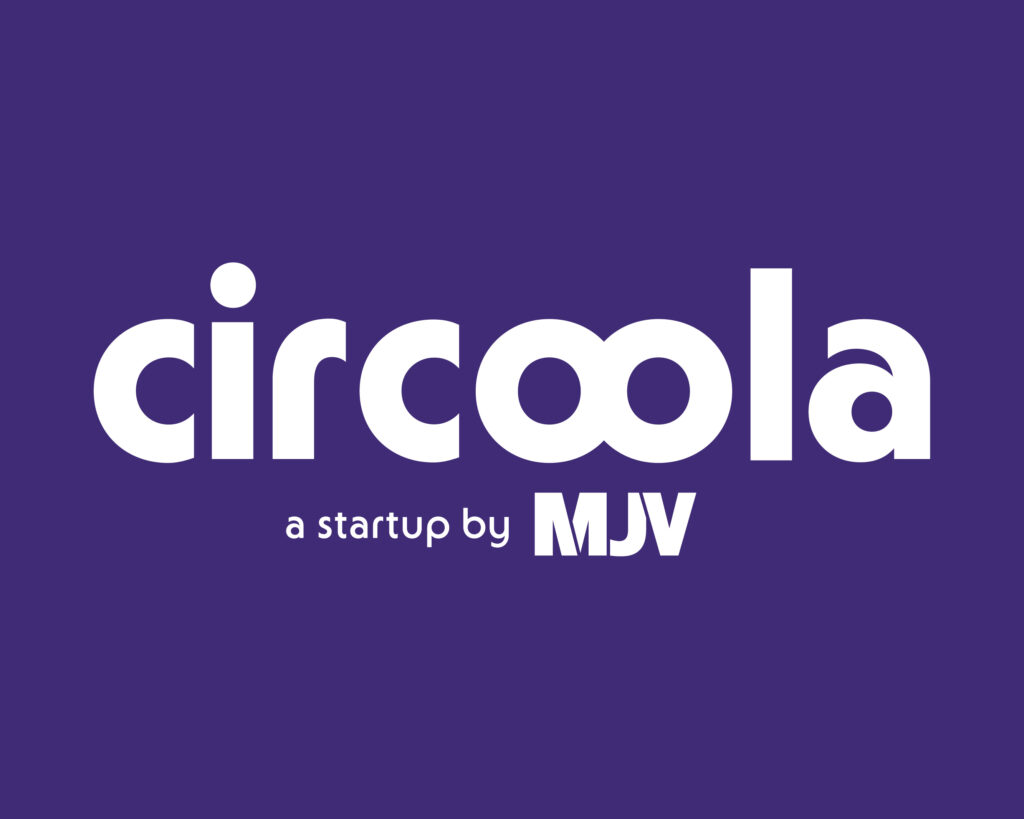
Circoola
Circoola is a Brazilian startup created by the company MJV Technology & Innovation to simplify e-waste disposal and foster a circular economy. Since 2021, we have collected over 370 tons of electronic waste, replacing informal recycling with certified, secure and responsible solutions. We offer B2C, B2B2C and B2B services, generating revenue through recycling, reconditioning, logistics credits and contracts. Backed by MJV’s innovation expertise, we apply design thinking to scale sustainable e-waste management, making sustainability easy for people, companies and the planet. Circoola is closing the loop and sustaining the future.

ComBio
ComBio is the leading provider of renewable thermal energy in Brazil, contributing to the transition from a fossil fuel-based energy model to one founded on renewable sources. We integrate decarbonisation and circular economy principles into our business model by utilising various types of biomass—including waste and by-products from agricultural, industrial and reforestation activities—for thermal energy production. Additionally, ash is the main by-product of our operations. Given ash’s nutrient-rich composition, ComBio seeks sustainable disposal alternatives, diverting it from landfills and closing the cycle in a circular manner.
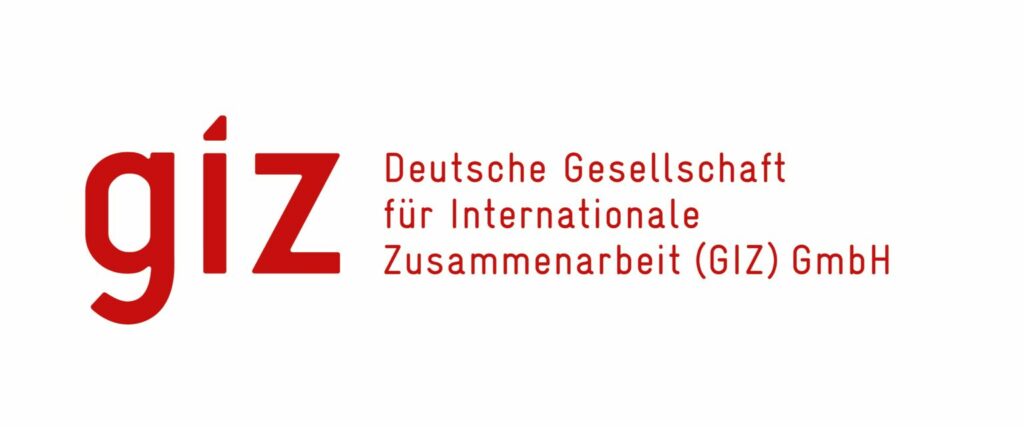
Deutsche Gesellschaft für
Internationale Zusammenarbeit (GIZ) GmbH
As a service provider in international cooperation for sustainable development, GIZ supports the transition to a circular economy. In more than 30 projects across 20 countries, GIZ cooperates with governments, research institutes and the private sector, scaling innovative circular solutions both in production and consumption. GIZ focuses on climate-sensitive approaches, private sector involvement, environmental protection and marine litter prevention on behalf of the German government, the EU and international companies. GIZ projects at the WCEF2025 represent activities from Brazil, Colombia, Mexico, Chile, the Caribbean (including the Dominican Republic and Trinidad and Tobago), Argentina, Honduras, Uruguay, Ecuador, Vietnam and Ghana.
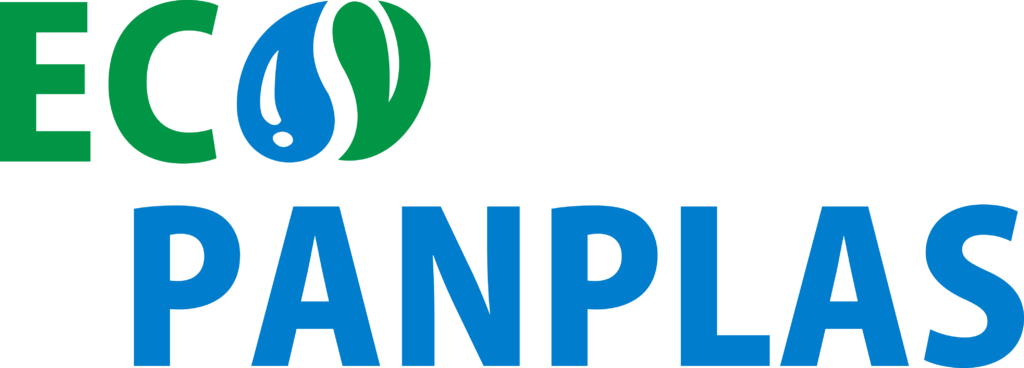
Eco Panplas
Eco Panplas has developed a unique and patented production technology to recycle plastic packaging that is contaminated with lubricating oil without generating a single drop of water or waste. We operate in São Paulo, Brazil. All residual oil from packaging is recovered and transformed back into new oil. We create 100% recycled resin from lubricating oil packaging, ensuring the quality for the manufacture of new oil packaging. For every 500 tons of plastic recycled, we recover 17,000 litres of oil, preserve 17 billion litres of water and avoid 800 tons of CO2 emissions.
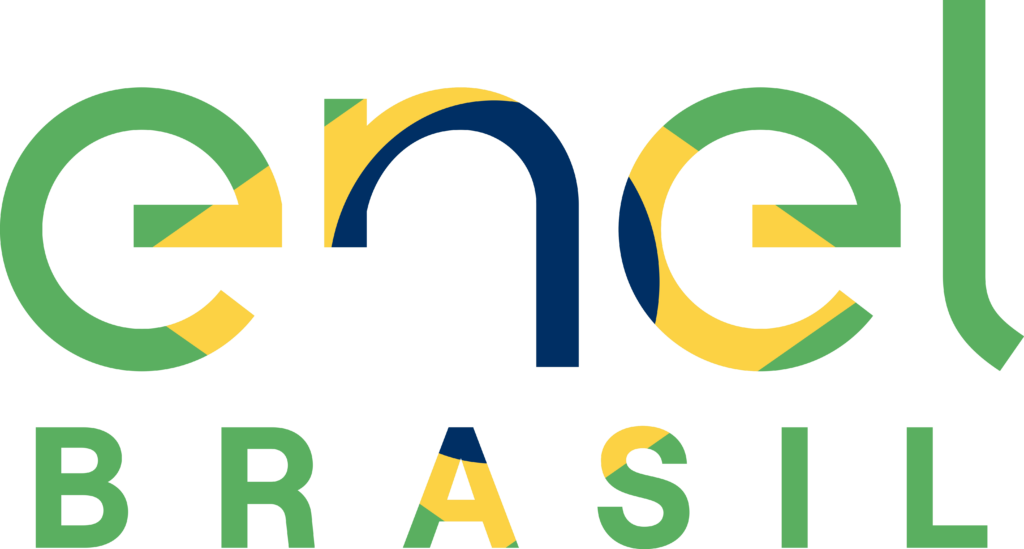
Enel
We live in a society of unbridled consumption and little concern with the life cycle of post-consumer products. Electricity is still consumed inefficiently. Our programme combines recycling and energy efficiency by offering discounts on the electricity bill through the exchange of recyclable materials. The challenge? Engaging people and communities who didn’t see themselves as part of the problem—or the solution. Promoting sustainability through partnerships, logistics and awareness, we transform waste into value, energy into inclusion and citizens into protagonists of the circular economy.
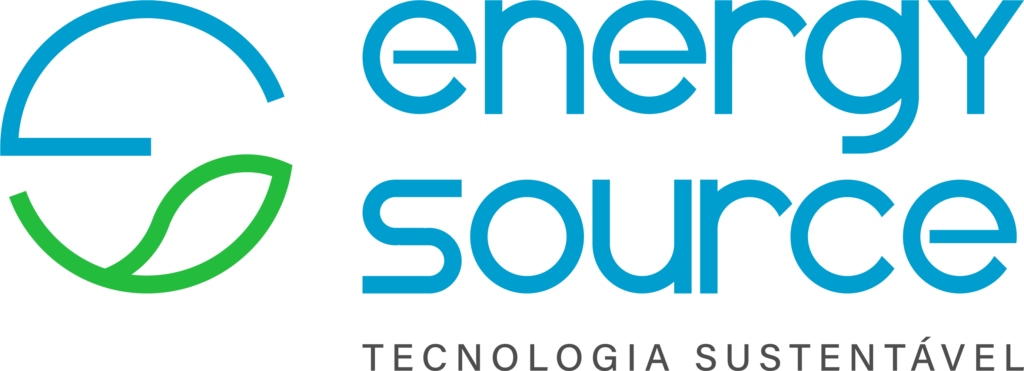
Energy Source
Energy Source, founded in 2016 in Brazil, leads sustainable lithium-ion battery management, advancing the circular economy through the 4R’s: reverse logistics, reuse, repair and recycling. We developed storage systems with second life batteries, expanding into recycling and repair with a battery repair workshop. Our recycling platform optimises waste logistics, and an ISO 14001 certification ensures sustainable operations. With global partnerships like with Jaguar-Land Rover, we strengthen the circular economy. So far, we have recycled 1,000 Mt of batteries, reused 10 MWh and repaired 14 Mt, minimising environmental impact and driving the energy transition with innovation.
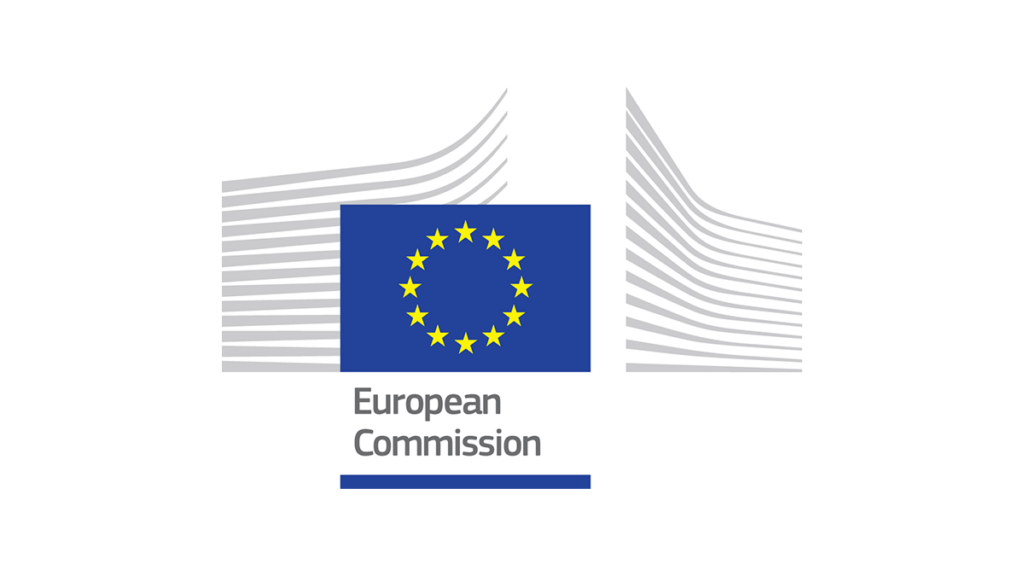
European Commission
The European Commission places circularity at the core of the EU’s decarbonisation and competitiveness strategy. We are supporting the transition to a circular economy with partners around the world. Through the Global Gateway, we offer quality investments in circular business models and sustainable value chains. Interested? Join us at the WCEF2025 Expo to discuss the EU’s circular economy partnerships and to learn about Team Europe investments.
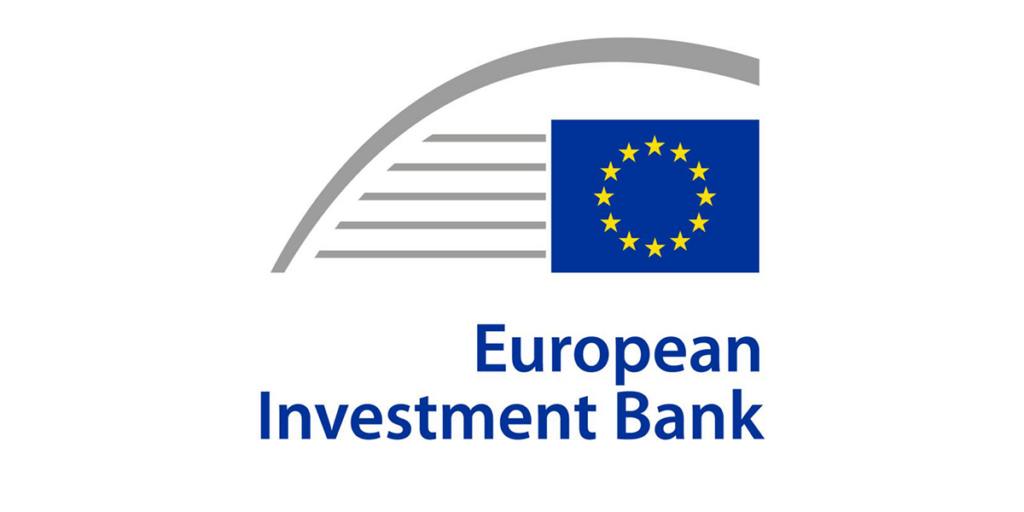
European Investment Bank (EIB)
The EIB is the long-term lending institution of the European Union owned by its member states. It provides long-term capital and advisory support for sound investments that contribute towards EU policy goals. From 2020 to 2024, we provided €5.1 billion to co-finance 153 circular economy projects in a variety of sectors. The EIB Group, which also includes the European Investment Fund (EIF), signed nearly €89 billion in new financing in 2024. The projects we finance are in line with the Paris Climate Agreement, as pledged in our Climate Bank Roadmap. Almost 60% of the EIB Group’s annual financing supports projects directly contributing to climate change mitigation, adaptation and a healthier environment.

Federation of Industries of the State of São Paulo (FIESP) and Brazilian National Industrial Learning Service (SENAI-SP)
FIESP is the institution that represents the industrial sector in the state of São Paulo, Brazil’s main economic hub. It works in favor of the national economy, promoting industrial development and recognising the fundamental role of industry in the transition to a circular economy. SENAI-SP’s mission is to boost the competitiveness of Brazilian industry through professional education, innovation, technology and industrial entrepreneurship. Together, FIESP and SENAI represent the industry and will showcase their actions in support of the transition to a circular economy, strengthening the sector and promoting sustainability.
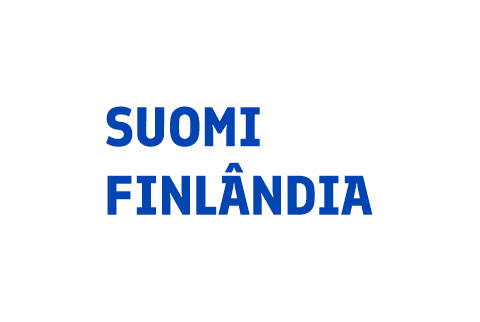
Finland
Finland is a global pioneer in the circular economy, aiming to build a carbon-neutral society that respects the planetary boundaries. With the world’s first national road map and ambitious targets for resource productivity and circular material use, Finland leads by example. Regions, municipalities, companies and RDI actors collaborate to develop practical, scalable solutions—what we call “the world’s greatest local circular solutions.” From circular mining to bioeconomy, textiles, digital innovation and energy, we promote circular business models through programmes like Sustainable Manufacturing Finland. At WCEF, Team Finland invites partners to join us in accelerating the global transition through cooperation and innovation.
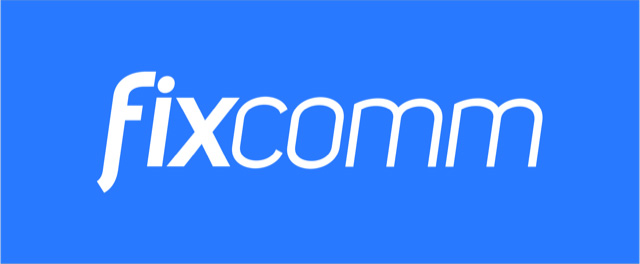
Fixcomm
Fixcomm is a strategic partner for companies seeking to align their IT management processes with ESG policies and circular economy principles. Our practice of reconditioning and disposing of used electronic devices offers an innovative and responsible solution for companies, significantly extending the life cycle of these assets and taking them to new consumers. With a business model oriented towards sustainability and data security, Fixcomm enables companies to promote more conscious consumption and actively contribute to the preservation of natural resources and the reduction of electronic waste. This commitment is essential for the implementation of contemporary ESG corporate policies.
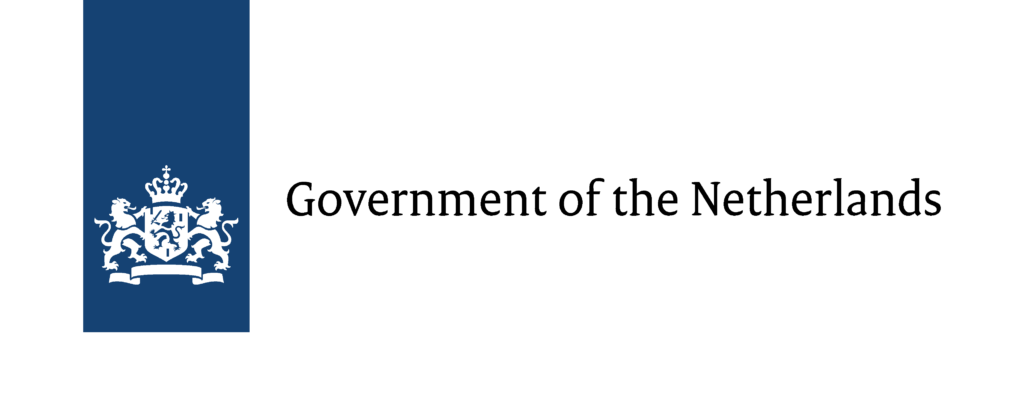
Government of the Netherlands
Our programme sets the course for a fully circular Netherlands by 2050, with a focus on reducing new resource consumption, designing-out waste and promoting sustainable innovation. Together with our international partners, we aim to unlock more finance for circularity and attain recognition of the potential of the circular economy to achieve climate and nature goals. We would like to work with you to advance the circular shift in textiles, built environment, plastics and the chemical industry. At the WCEF2025 Expo, we showcase best practices from national and local government as well as businesses. Will we meet you there?

GreenPlat
As the Brazilian market leader in Environmental SaaS, we stand out with our unique solutions that leverage blockchain architecture. This ensures traceability, transparency and digitalisation. GreenPlat is at the forefront of a transformative change, helping companies significantly reduce waste through innovative approaches to a brand’s Extended Producer Responsibility (EPR). Our proven track record of practical and scalable circular economy solutions is a testament to the effectiveness of our patent technology. This confirms our commitment to advancing sustainable practices in environmental management and supporting companies in reducing impact and achieving significant operational efficiency and profitability improvements.
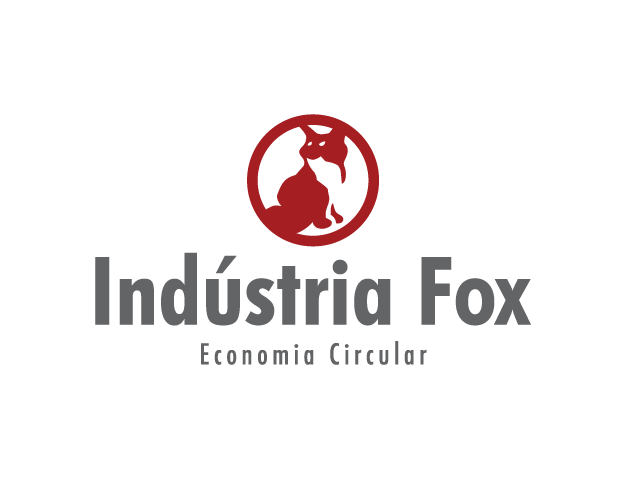
Indústria Fox
Indústria Fox is a pioneering company in South America, specialising in the recycling of electronic waste with a focus on white goods since 2010. Our innovative technology ensures the destruction of harmful CFC gases, a major cause of climate change. Since 2018, we have been advancing the circular economy by offering remanufacturing as a preferred solution, extending the lifespan of products and preserving their value, rather than recycling them immediately. At our stand, we are showcasing sustainable solutions that contribute to environmental preservation and promote circular economy principles, including education initiatives led by the National Circular Economy Institute (INEC).

Ingram Micro
Ingram Micro is a leading technology company for the global IT ecosystem. With the ability to reach nearly 90% of the global population, we play a vital role in the worldwide IT sales channel, bringing products and services from technology manufacturers and cloud providers to business-to-business technology experts. Through our AI-powered digital platform, we offer what we believe to be the industry’s first business-to-consumer-like experience. We also provide a broad range of technology services, including financing, specialised marketing and lifecycle management, as well as technical pre- and post-sales professional support.
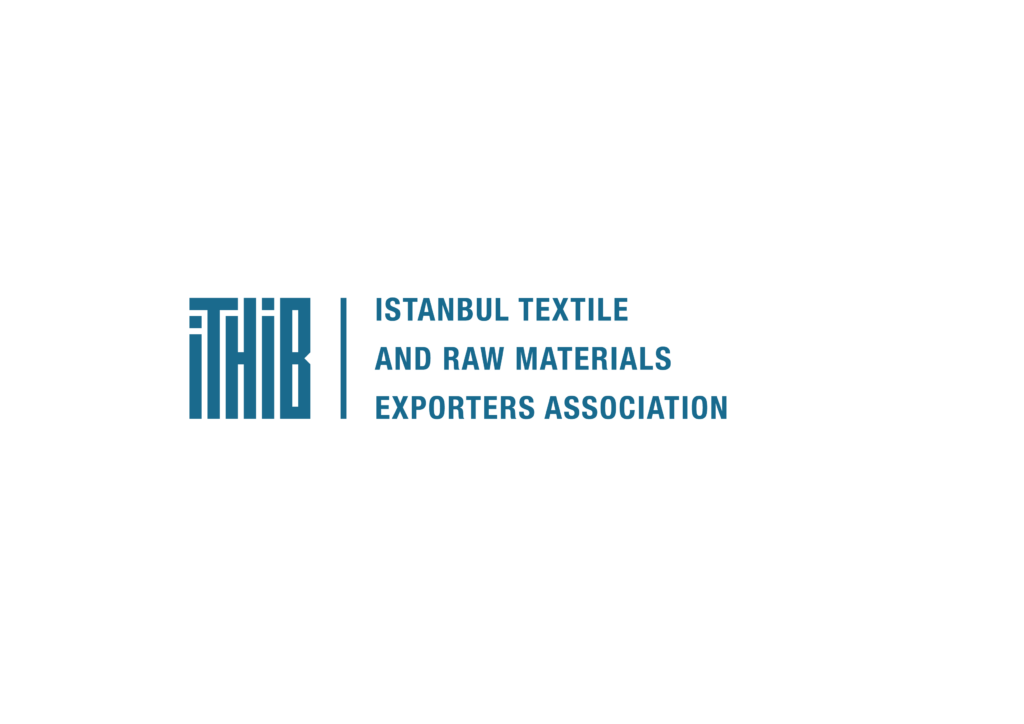
The Istanbul Textile and Raw
Materials Exporters Association (İTHİB)
The İTHİB is a leading institution representing Turkey’s textile and raw materials exporters with over 8,000 members. İTHİB’s members, operating throughout the country produce and export a wide range of textile products such as yarn, fibre, fabric, home textiles, technical textiles and garments. In 2021, as the first institution in Turkey to prepare a sustainability road map, we are fully aware of the importance of our industry’s green transformation. We are actively driving projects to lead the sector towards a more sustainable future.

Lenovo
At this year’s WCEF, Lenovo showcases circular innovation with our product earning a 9/10 iFixit repairability score. We are expanding our ease-of-repair design across the product family. Beyond repairability, our industry-leading Closed-Loop Post-Consumer Content (CL PCC) plastic programme repurposes recycled plastics from Lenovo devices into new ones—starting with keyboards and mice, now extending to laptops and smartphones. Two of our top products achieve class A energy efficiency ratings, featuring recycled materials and durable designs. These advancements reinforce Lenovo’s commitment to sustainability without compromising performance.

Mãos Pro Futuro
Mãos Pro Futuro is a reverse logistics programme that was developed as a viable alternative for managing post-consumer packaging for its participating companies. The programme guarantees the inclusion of waste pickers in Brazil through the structuring of cooperatives, training of members and the dissemination of information on correct disposal with environmental education carried out in the municipalities (over 150 cities) where it operates. Participating in the World Circular Economy Forum reinforces the programme’s commitment with the environment, combining both environmental and social impact in the whole country.

The Ministry of Development, Industry, Trade and Services of Brazil (MDIC)
MDIC leads Brazil’s industrial transformation by promoting innovation, sustainability and competitiveness. We drive policies like Nova Indústria Brasil, fostering a green, digital and inclusive economy. MDIC coordinates the National Circular Economy Plan, based on the National Circular Economy Strategy (ENEC), to enhance material reuse, reduce waste and regenerate ecosystems. The plan aligns industry with circularity principles and strengthens the recycling sector by improving regulatory frameworks, boosting investment in circular solutions and supporting businesses in adopting sustainable practices. These efforts position Brazil as a global leader in the circular economy.

Novelis
Novelis is the leading producer of innovative flat-rolled aluminium products and the world’s largest recycler of aluminium, providing value-added products to industries in North America, Europe, Asia and South America. Its ambition is to be the leading provider of low-carbon, sustainable aluminium solutions and to achieve a circular economy. In Brazil, Novelis operates the world’s largest integrated aluminium rolling and recycling complex in Pindamonhangaba (SP), 15 collection centres throughout the country, an aluminium foil plant in Santo André (SP), and the Customer Solutions Center in São José dos Campos (SP) – an innovation centre focused on the aluminium beverage can market.
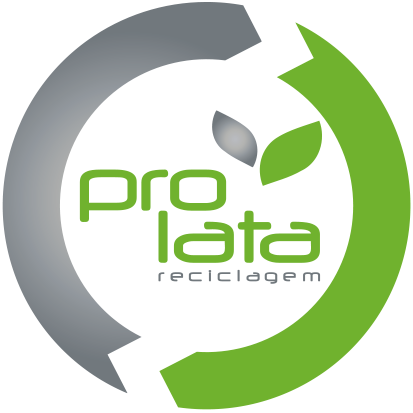
PROLATA
PROLATA Reciclagem is a non-profit association created in 2012 by ABEAÇO and ABRAFATI, with the objective of complying with the National Policy on Solid Waste (PNRS). They facilitate the return of discarded steel packaging, ensure proper disposal through the recycling of steel scrap, generate reliable data on the recycling of steel cans, create communication channels with consumers, encourage the creation of recycling centers and partnerships with collector cooperatives, and increase the value of steel scrap. In addition, PROLATA adopts actions such as partnerships with cooperatives, installation of voluntary collection points and structuring receiving centres for large volumes of steel packaging.
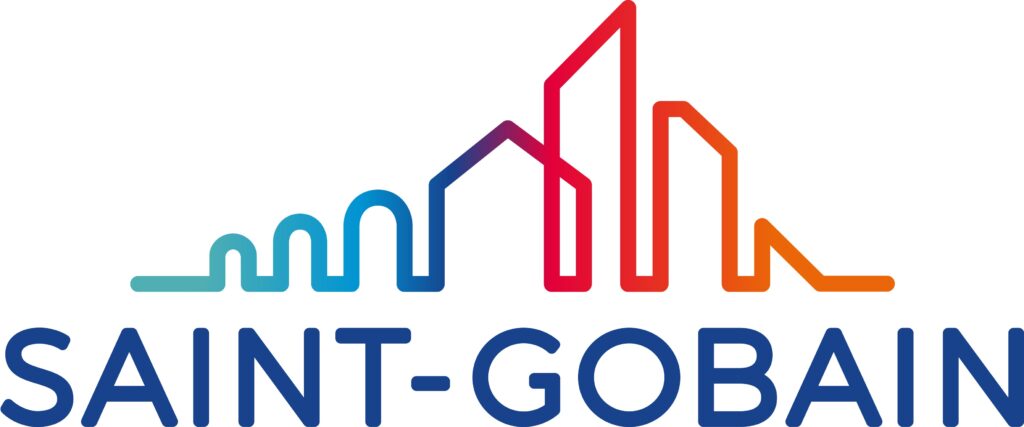
Saint-Gobain
The construction industry accounts for 39% of global GHG emissions and 33% of energy consumption. In this context, the sector faces both challenges and strategic opportunities to drive sustainability and long-term business resilience. Our case highlights how sustainability is embedded in corporate strategy and its positive impact on society. To enrich the discussion, we will present examples such as the transition to bioenergy, the impact of sustainability on product design and lifecycle, the adoption of industrialised construction models and the promotion of skilled labor—especially among new generations—through more efficient and technological solutions.
Sitra, the Finnish Innovation Fund
Sitra is an active fund for the future addressing societal challenges that shape our world. Together with partners we develop solutions, enhance well-being and boost economic growth within Earth’s carrying capacity. Founded in 1967, we are an independent public fund operating directly under the supervision of the Finnish Parliament. Sitra has received global recognition for accelerating the world’s transition to a circular economy and is the founder of the World Circular Economy Forum. Come and say hi and explore collaboration possibilities, including the brand-new European Union Circular Economy Resource Centre (EU CERC).
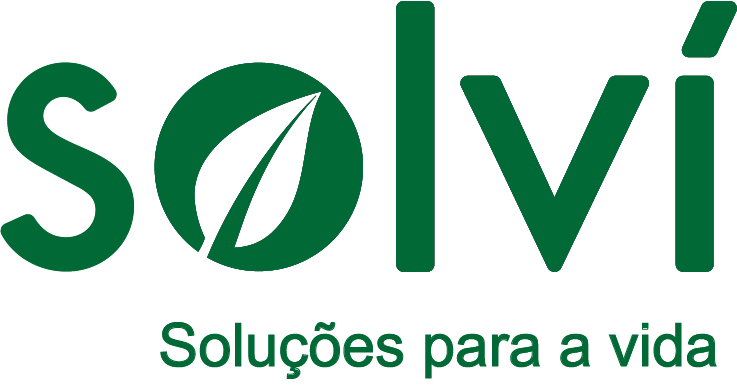
The Solví Group
The Solví Group is a leading company in waste management, environmental solutions for industry and green energy generation. At the event, we are showcasing a circular economy case that transforms organic waste from the agroindustry into high-quality organic compost. To bring the product to the final consumer, we developed an innovative monomaterial packaging solution in partnership with other companies, made of 57% post-consumer recycled (PCR) resin from flexible packaging. This solution reinforces our commitment to sustainability, closes the waste cycle and contributes to the transition toward a circular economy.
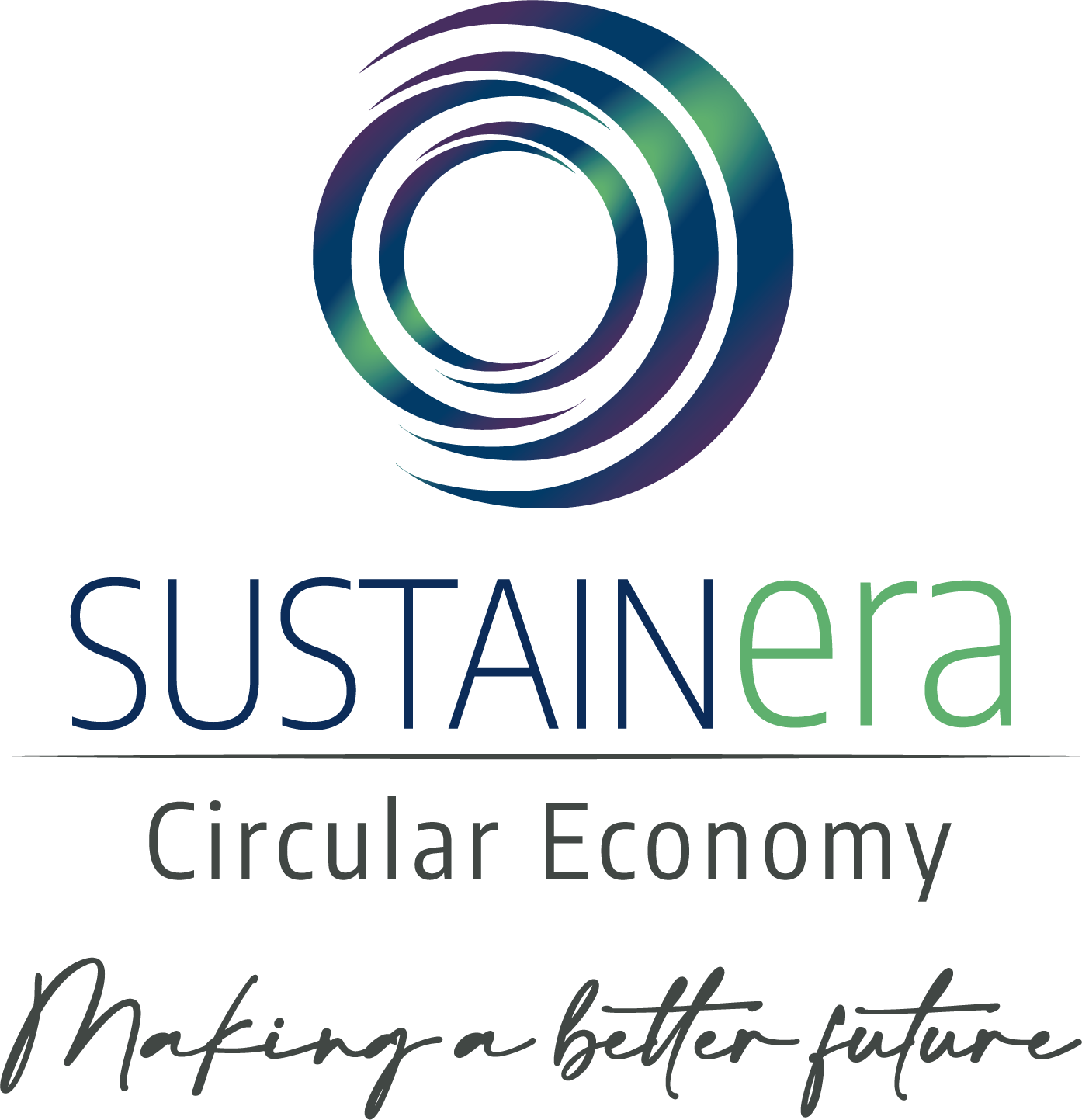
SUSTAINera
SUSTAINera represents all the circular economy activities in Stellantis and a sustainable offer within their parts and services range. We promise our customers sustainable, transparent and affordable products and services without compromising quality while preserving the environment. We reduce waste, resource use and our carbon footprint and play a key role in the Stellantis’ decarbonisation strategy targeting to achieve carbon net zero by 2038.
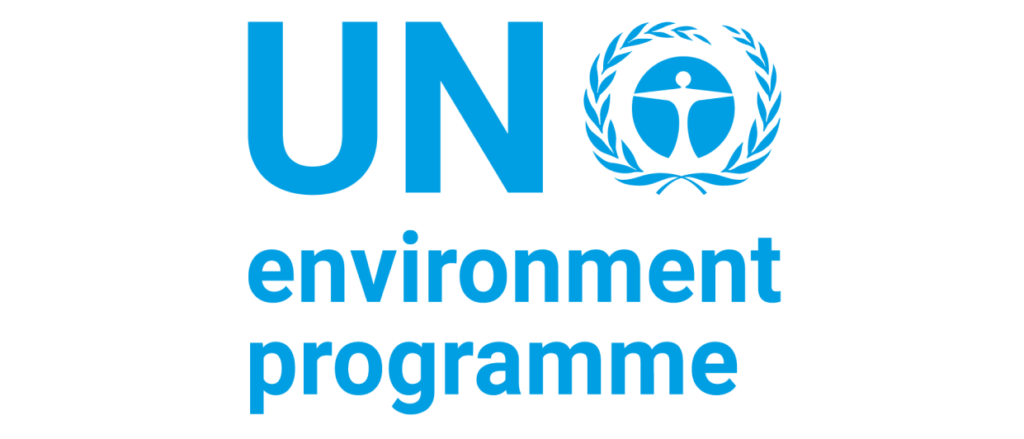
United Nations Environment Programme (UNEP)
UNEP is the United Nations entity for addressing environmental issues at the global and regional level. UNEP’s medium-term strategy for 2022-2025 addresses the triple planetary crisis of climate change, biodiversity loss and pollution. Transitioning to a circular economy is a key element of UNEP’s approach to addressing these challenges. To achieve this, UNEP promotes sustainable production and consumption patterns, enhances resource efficiency, and promotes the adoption of circular economy principles in high-impact sectors, highlighting the importance of industry engagement, policy support and enabling financing frameworks. The UNEP booth at WCEF will showcase UNEP’s resources, guidance, expertise and initiatives.
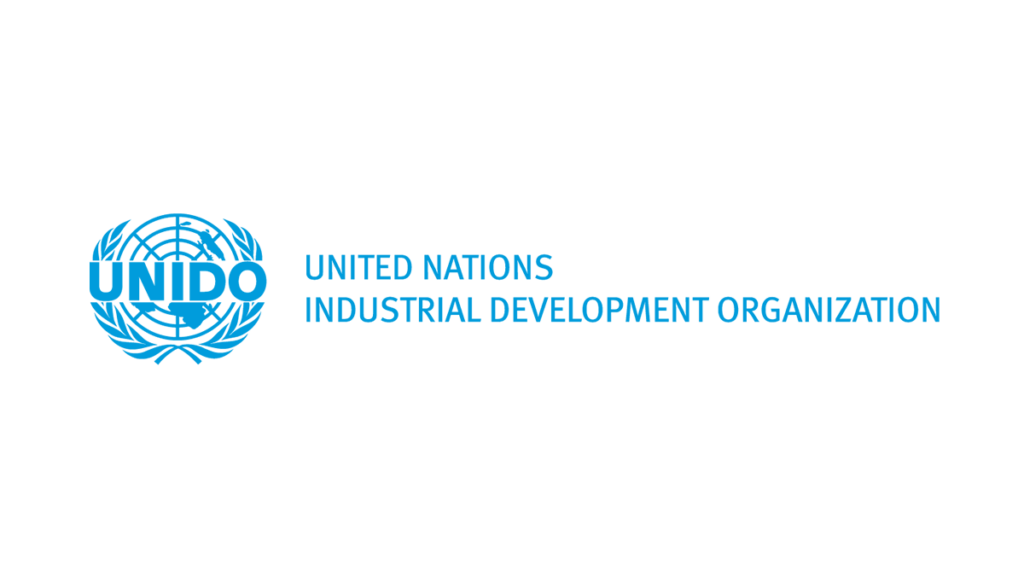
United Nations Industrial
Development Organization (UNIDO)
UNIDO is the specialised agency of the United Nations with a mandate to promote and accelerate sustainable industrial development. Our mandate is reflected in Sustainable Development Goal (SDG) 9: “Build resilient infrastructure, promote inclusive and sustainable industrialisation and foster innovation”, but our activities contribute to all the SDGs. UNIDO’s vision is a world without poverty and hunger, where industry drives low-emission economies, improves living standards and preserves the liveable environment for present and future generations, leaving no one behind.
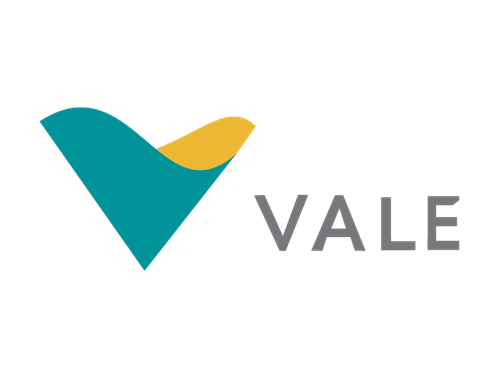
Vale
Vale’s circular mining programme takes an integrated approach to more responsibly use mineral resources. It aims to reduce waste generation, maintain a commitment to decarbonisation and share value with society. In 2024, we identified approximately 150 initiatives, resulting in the production of about 12 million tons of MFe and a reduction in CO2 emissions by 23,000 tons, among other benefits. The programme’s model, supported by robust governance, enables the continuous identification of initiatives and fosters collaboration to unlock projects. It envisions new business opportunities, connects different areas and positions Vale as a pioneer in applying circularity within the mining sector through national and international partnerships.

Veolia
Veolia, the world leader in delivering environmental services in water, waste and energy, will present at WCEF its Explorer Lab R&D&I programme, focused on innovative solutions for complex industrial waste reuse. The programme, which involves partnerships with startups and open innovation, covers everything from waste selection and analysis to practical testing and financial feasibility analysis. Among the solutions developed are biochar from coconut shells and the use of paper production waste for soil remediation.
